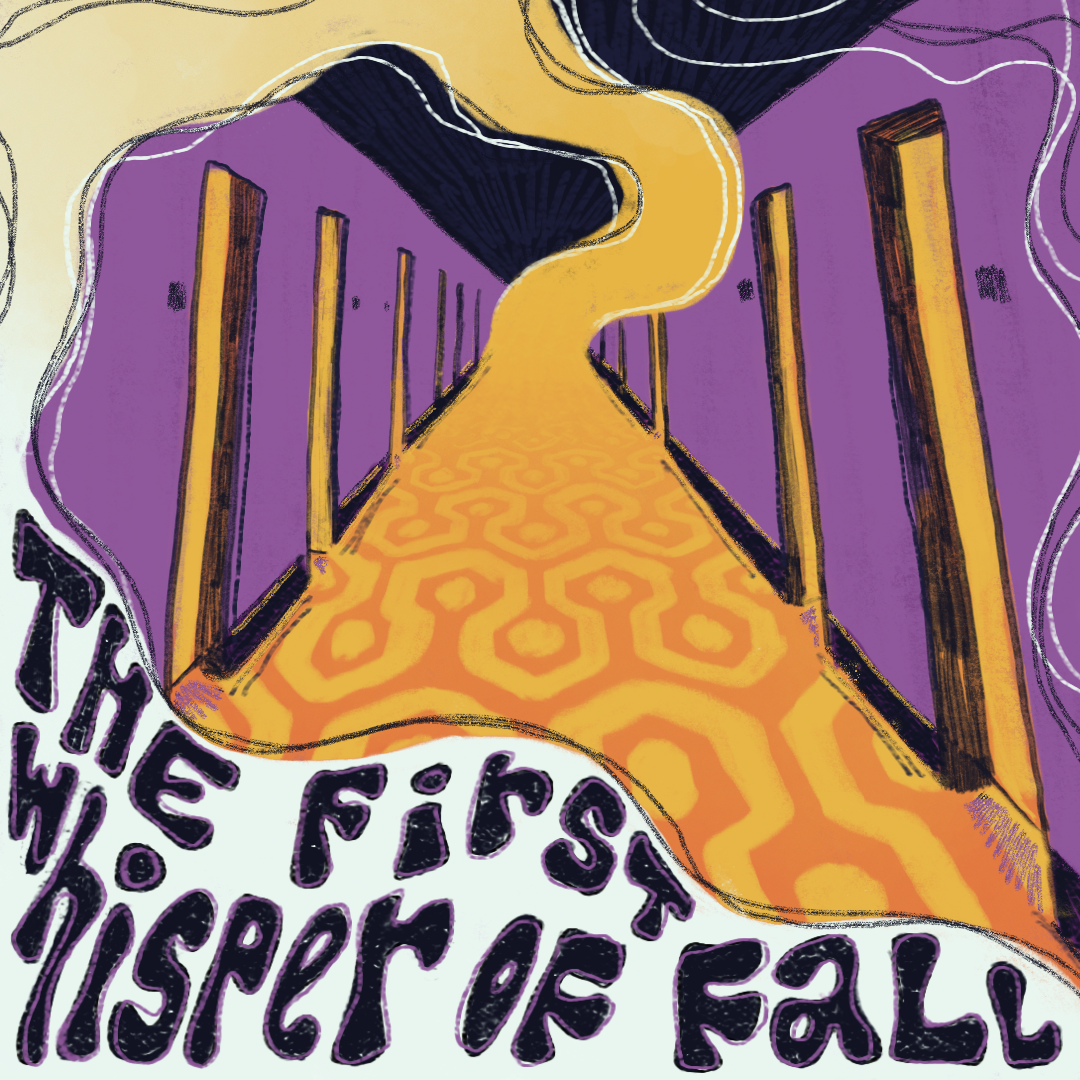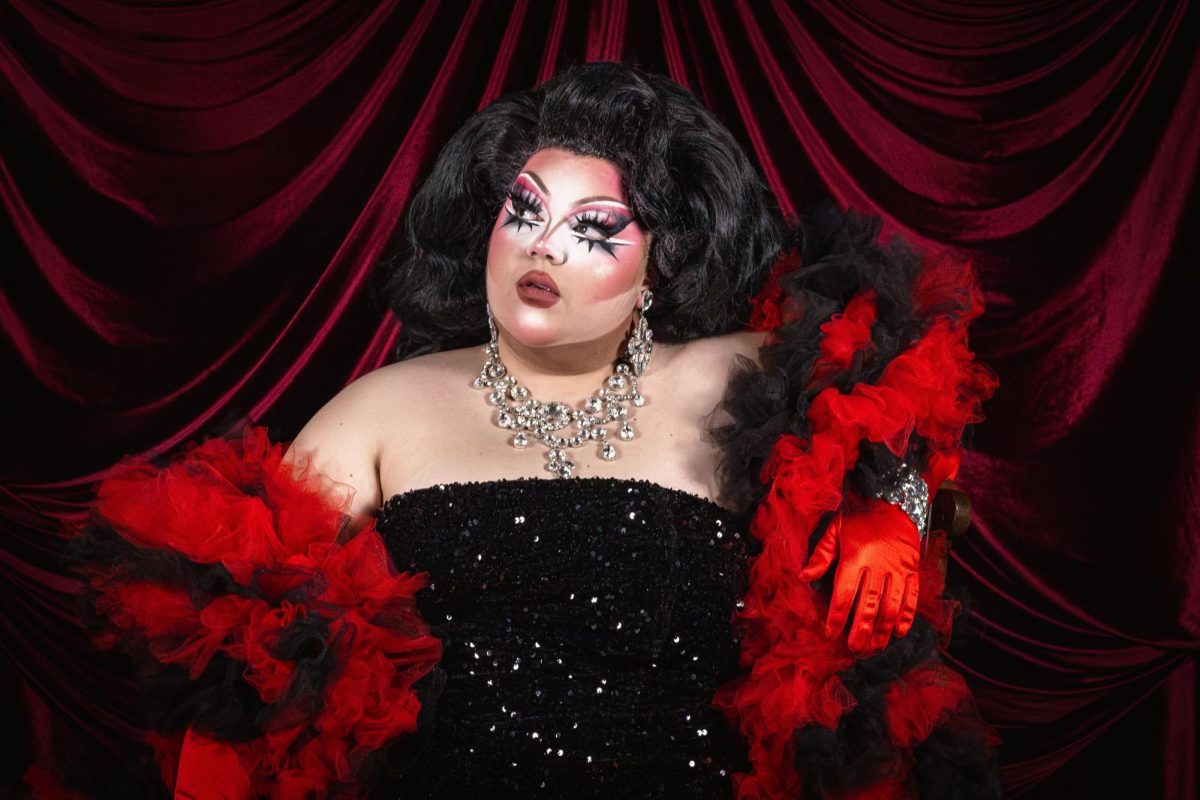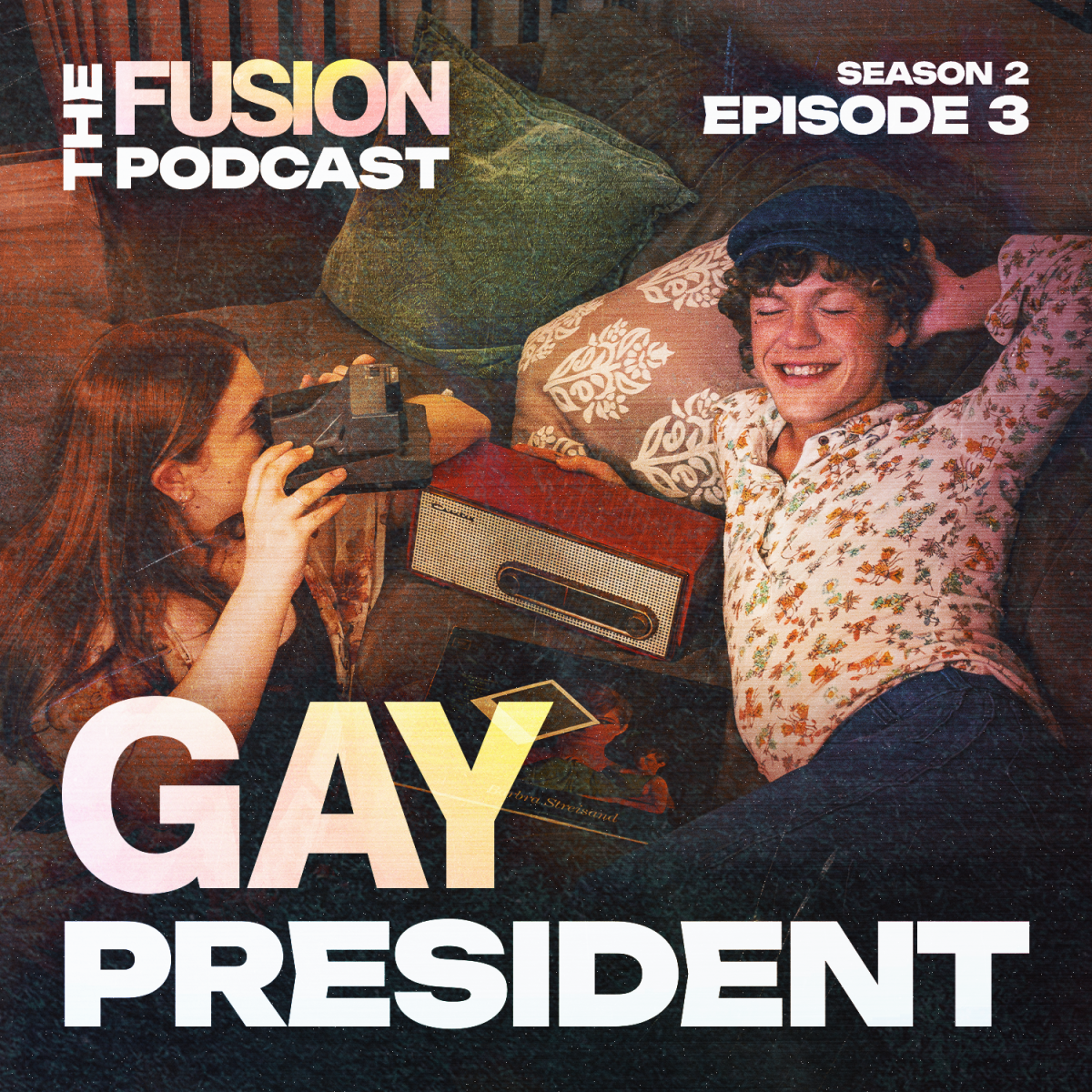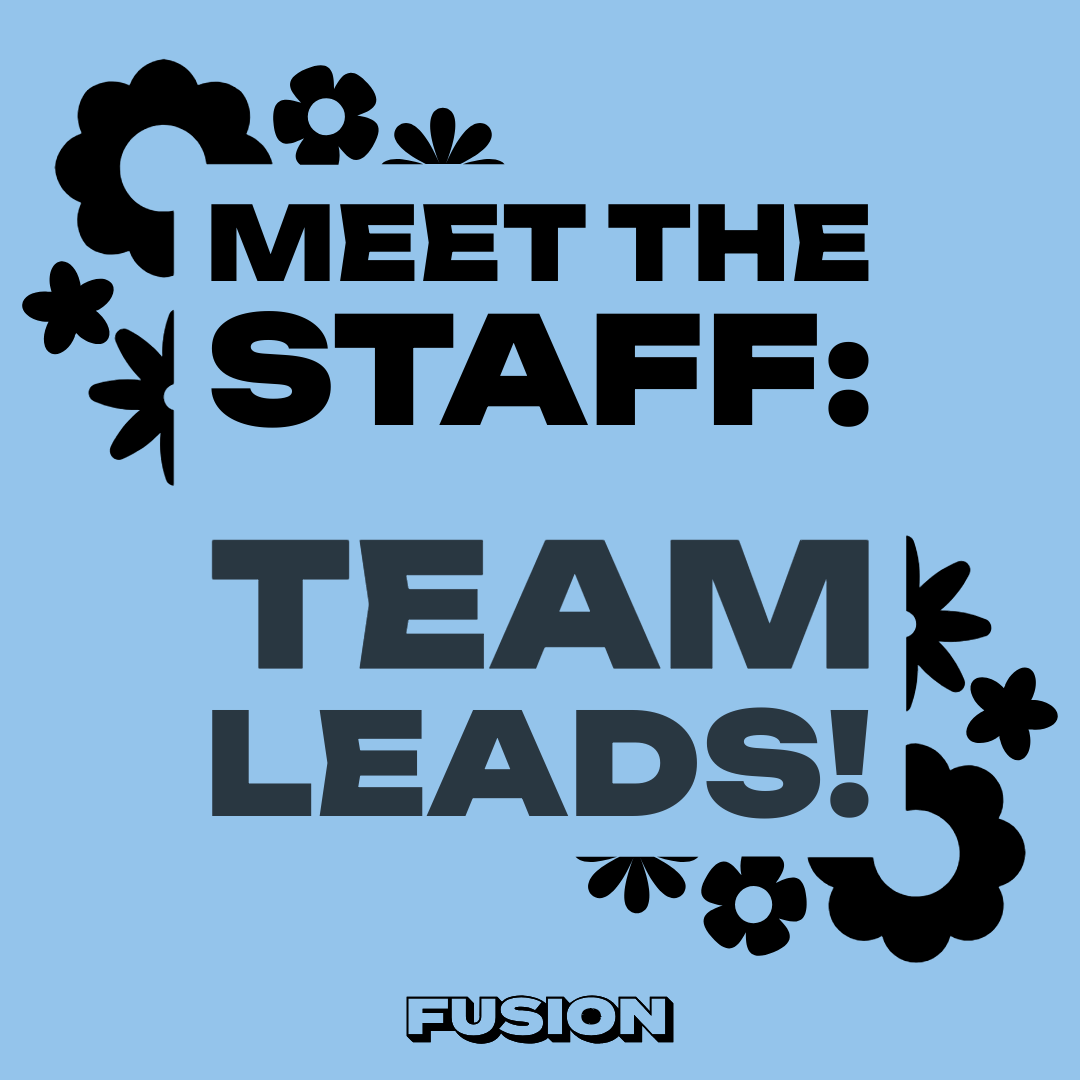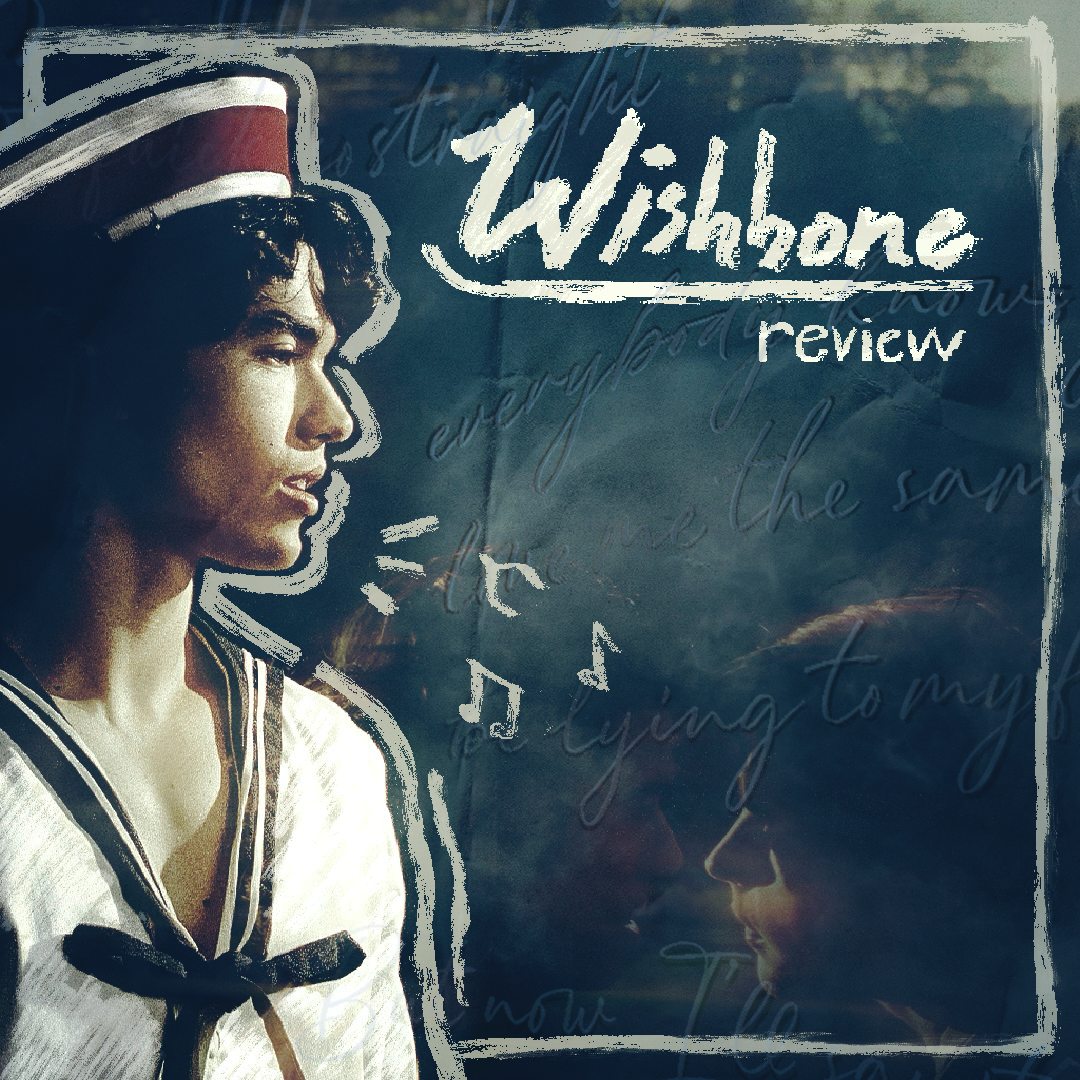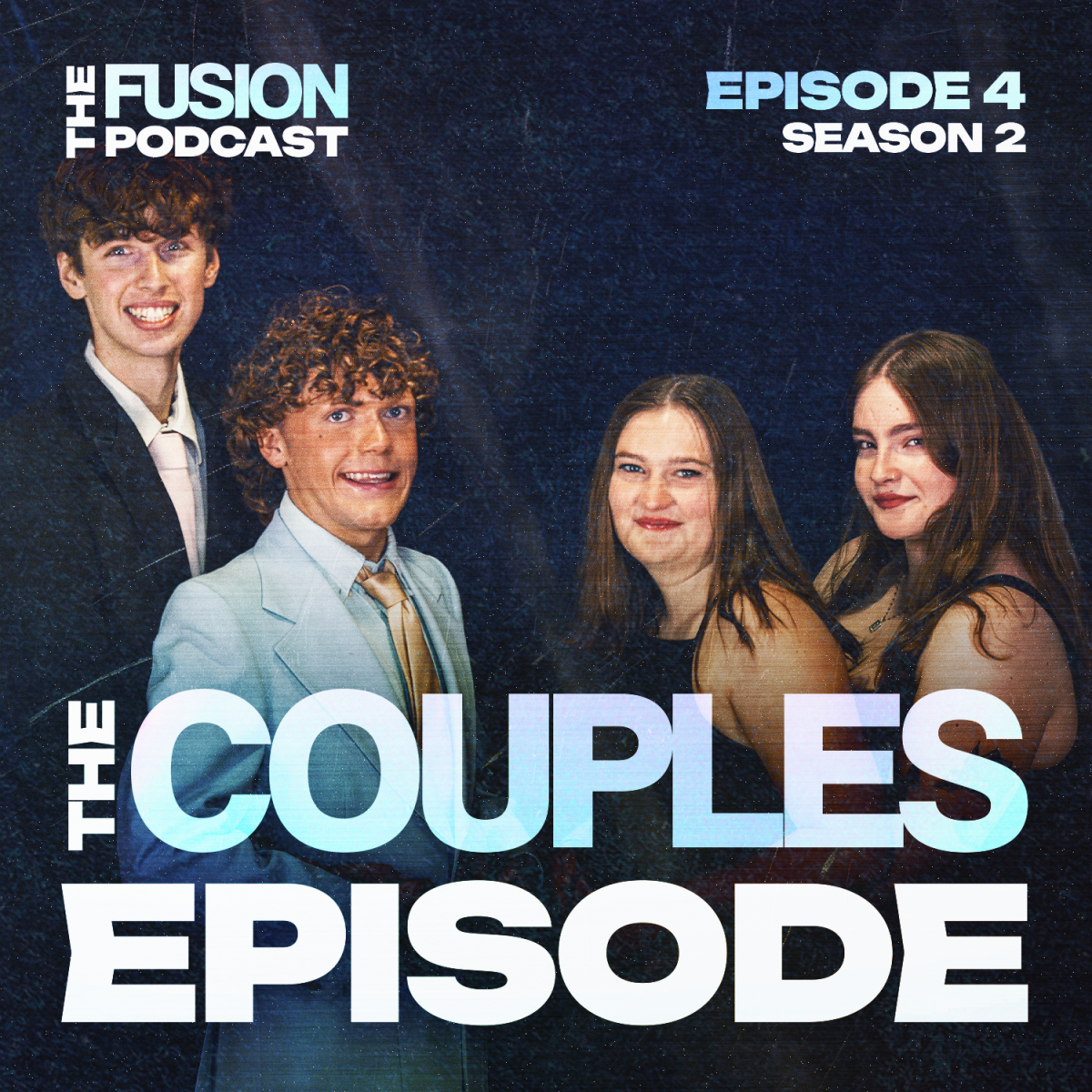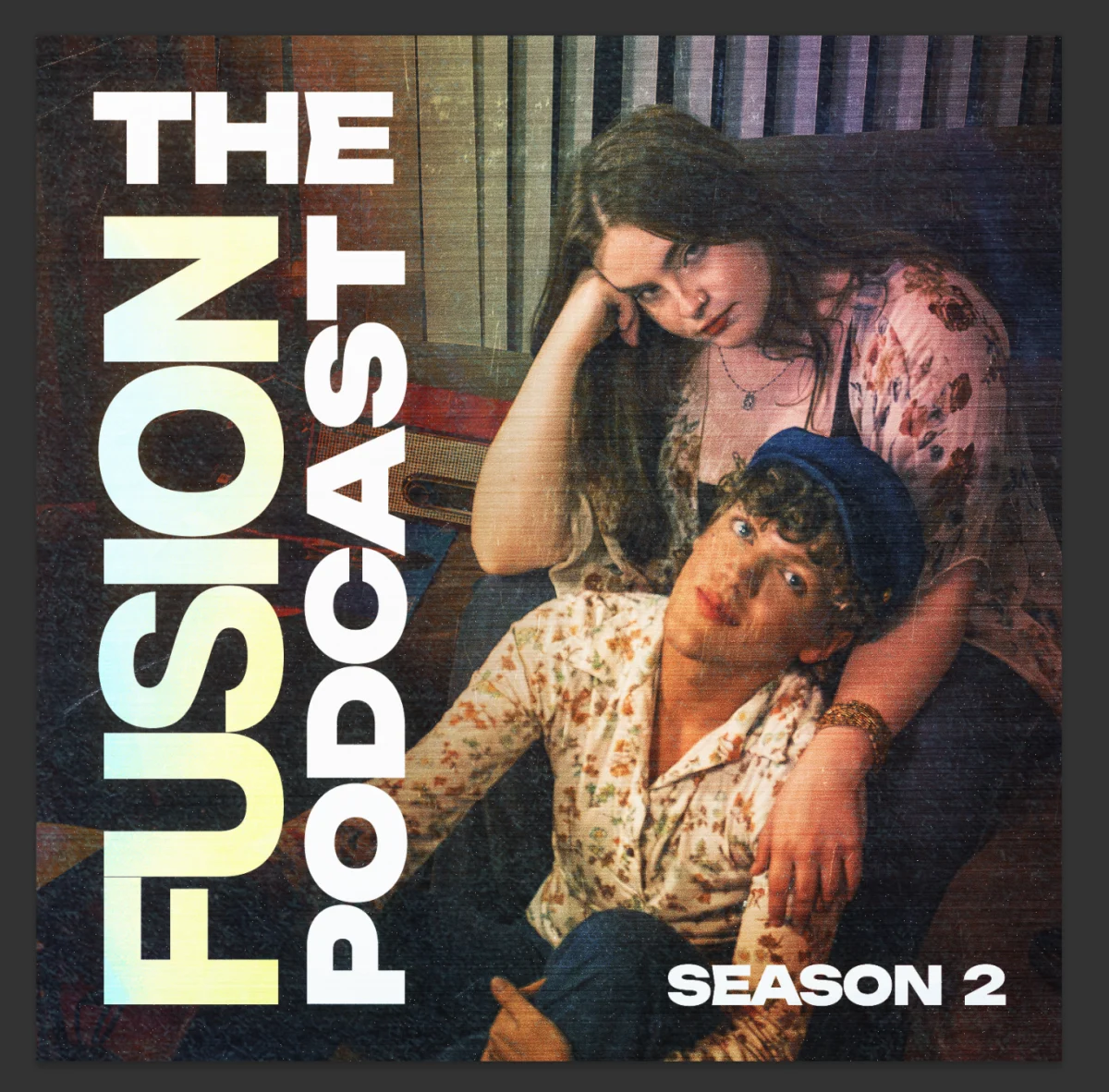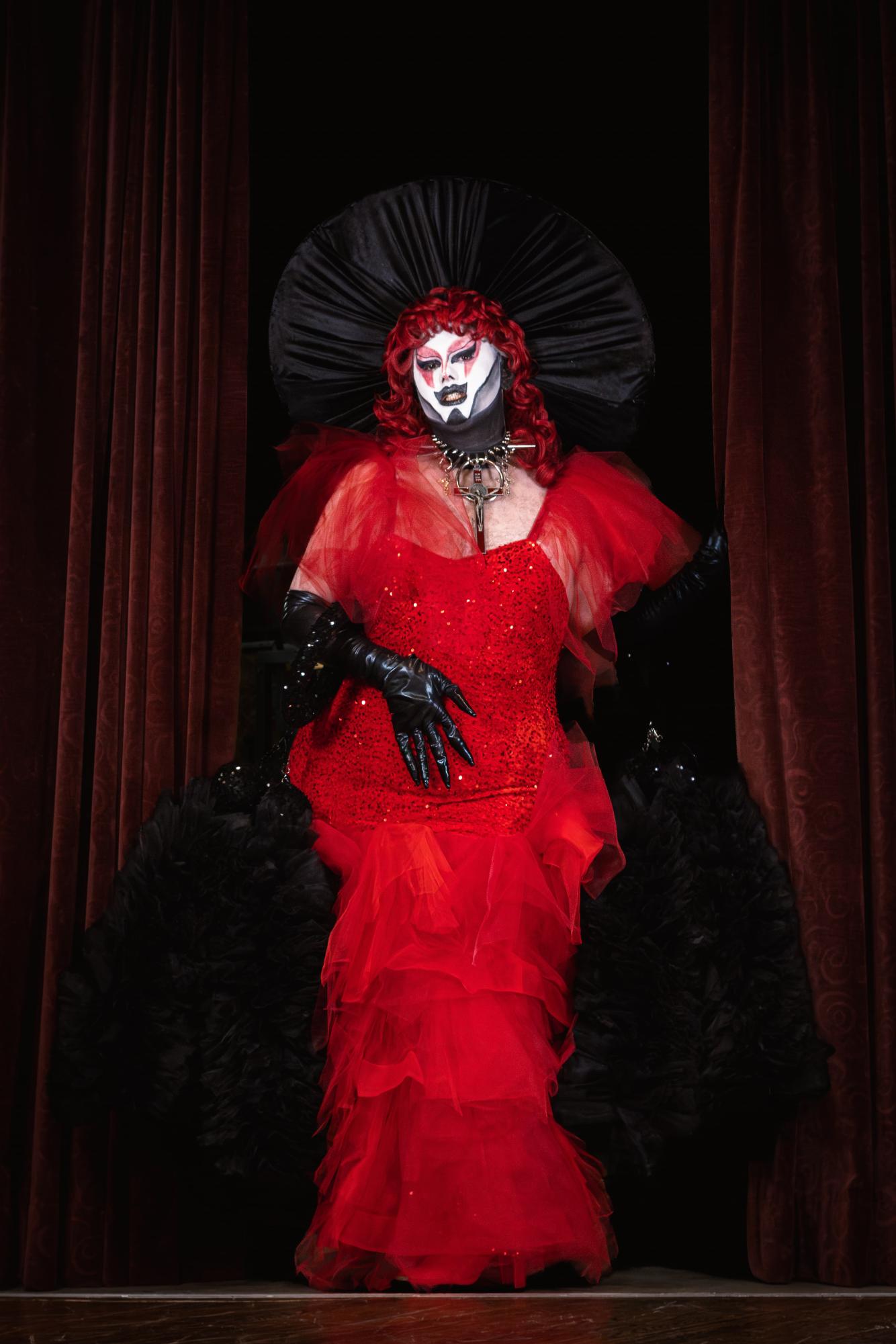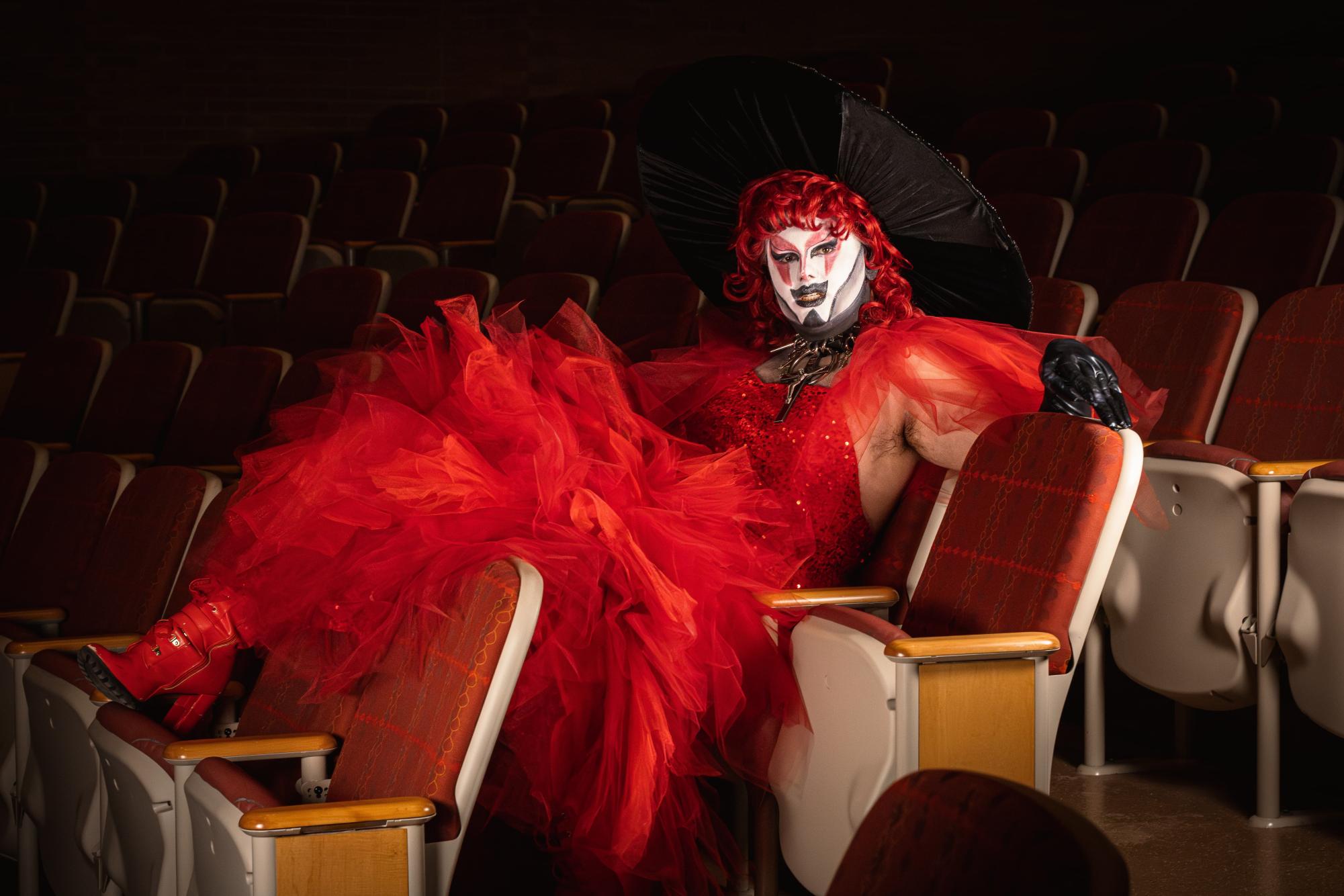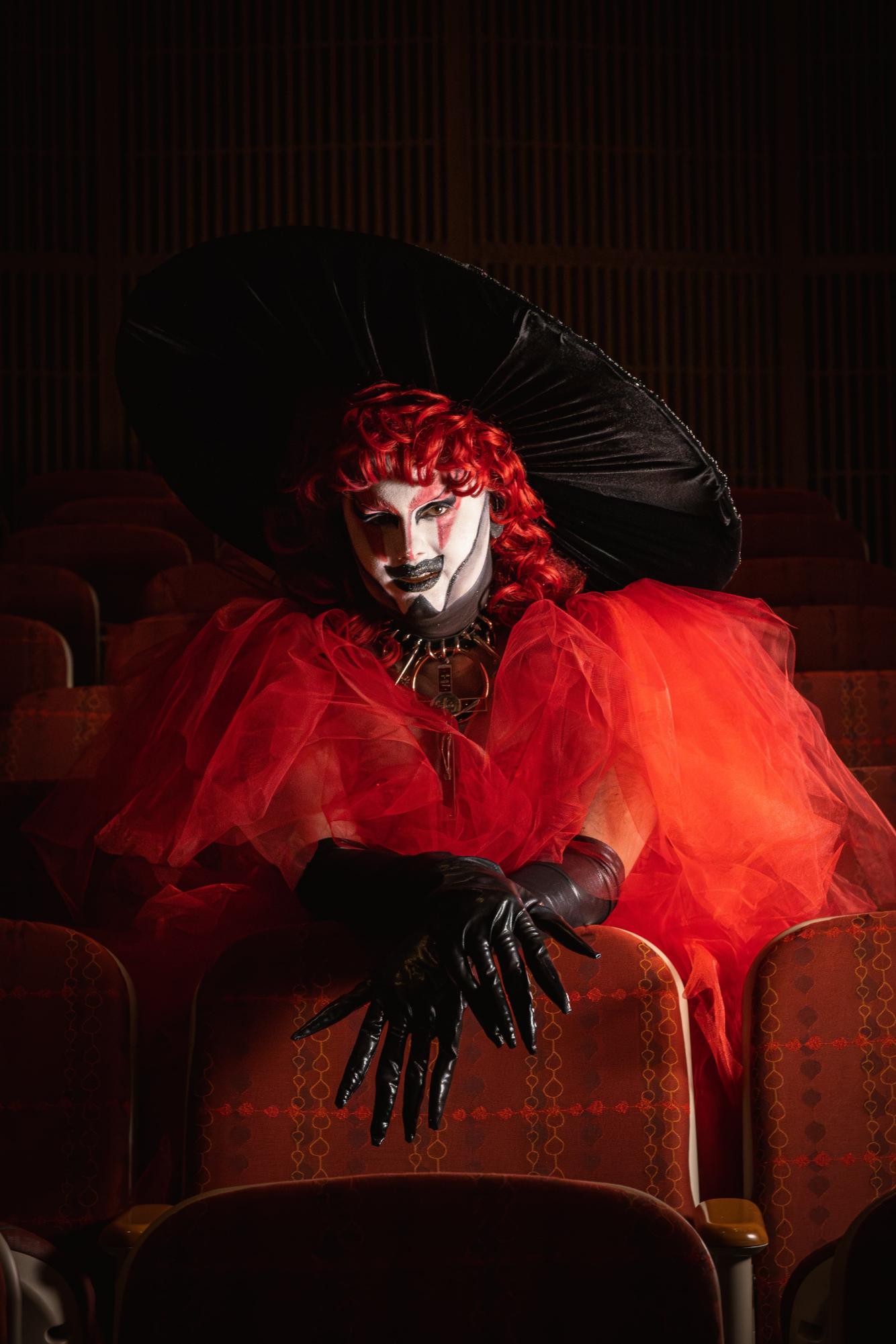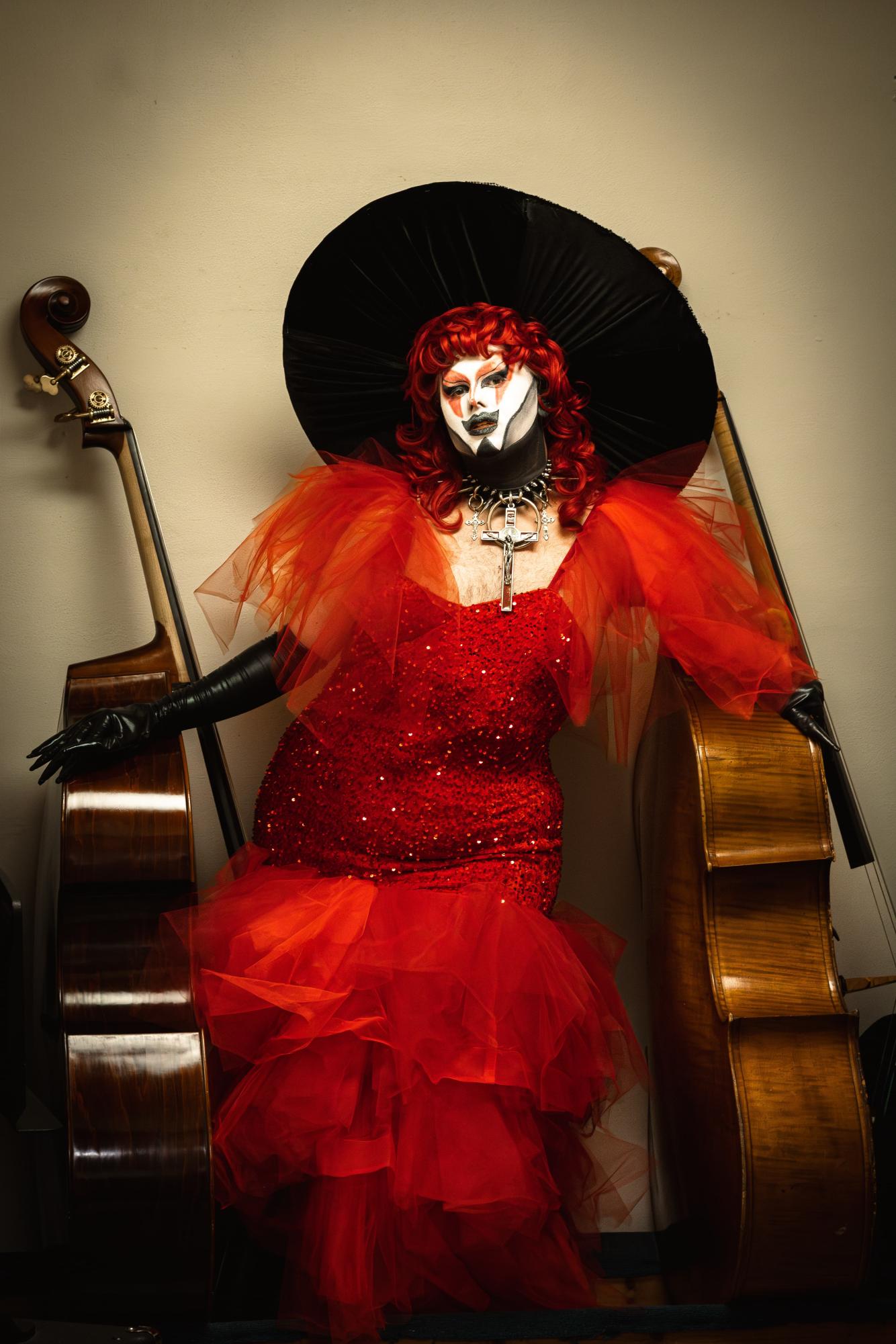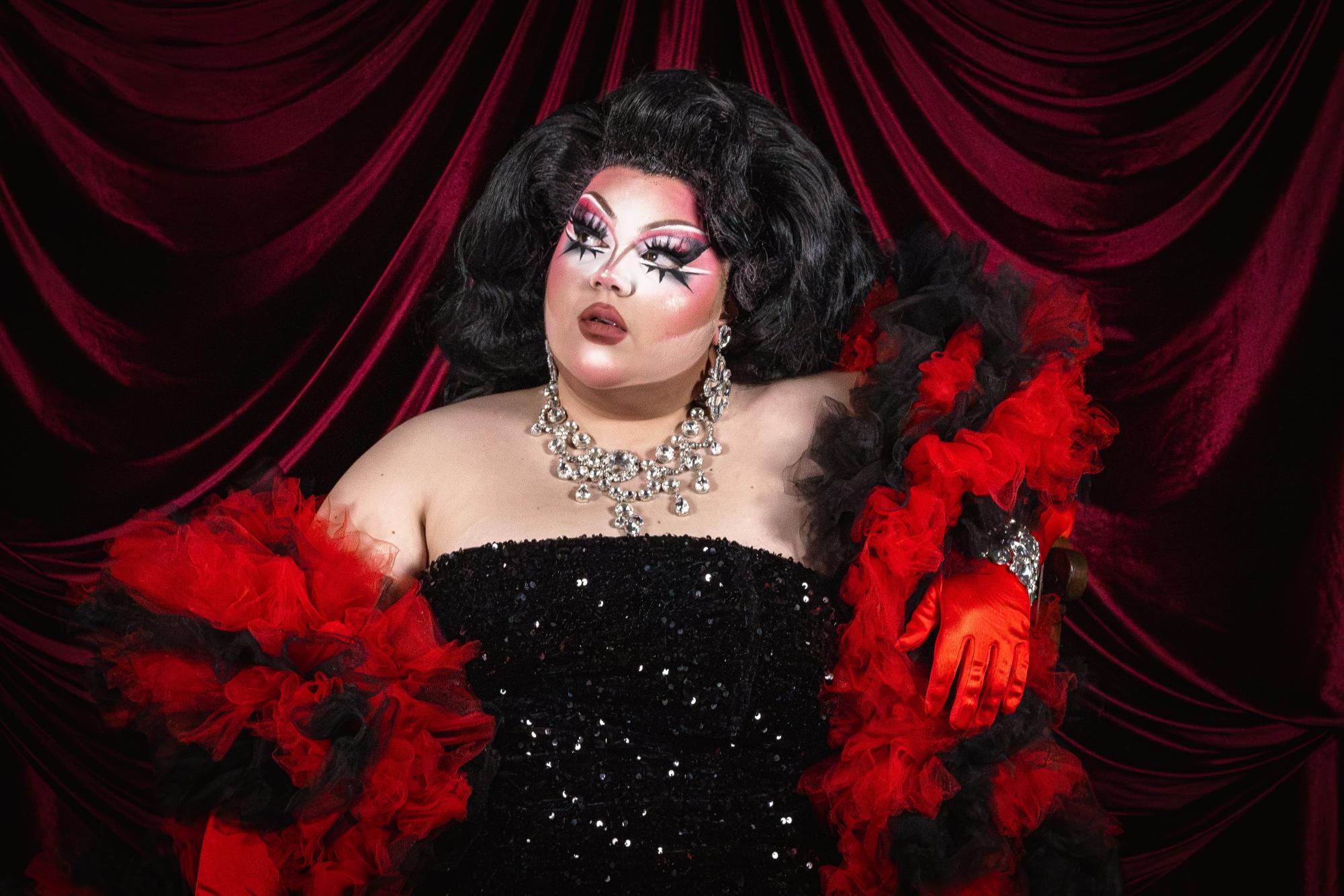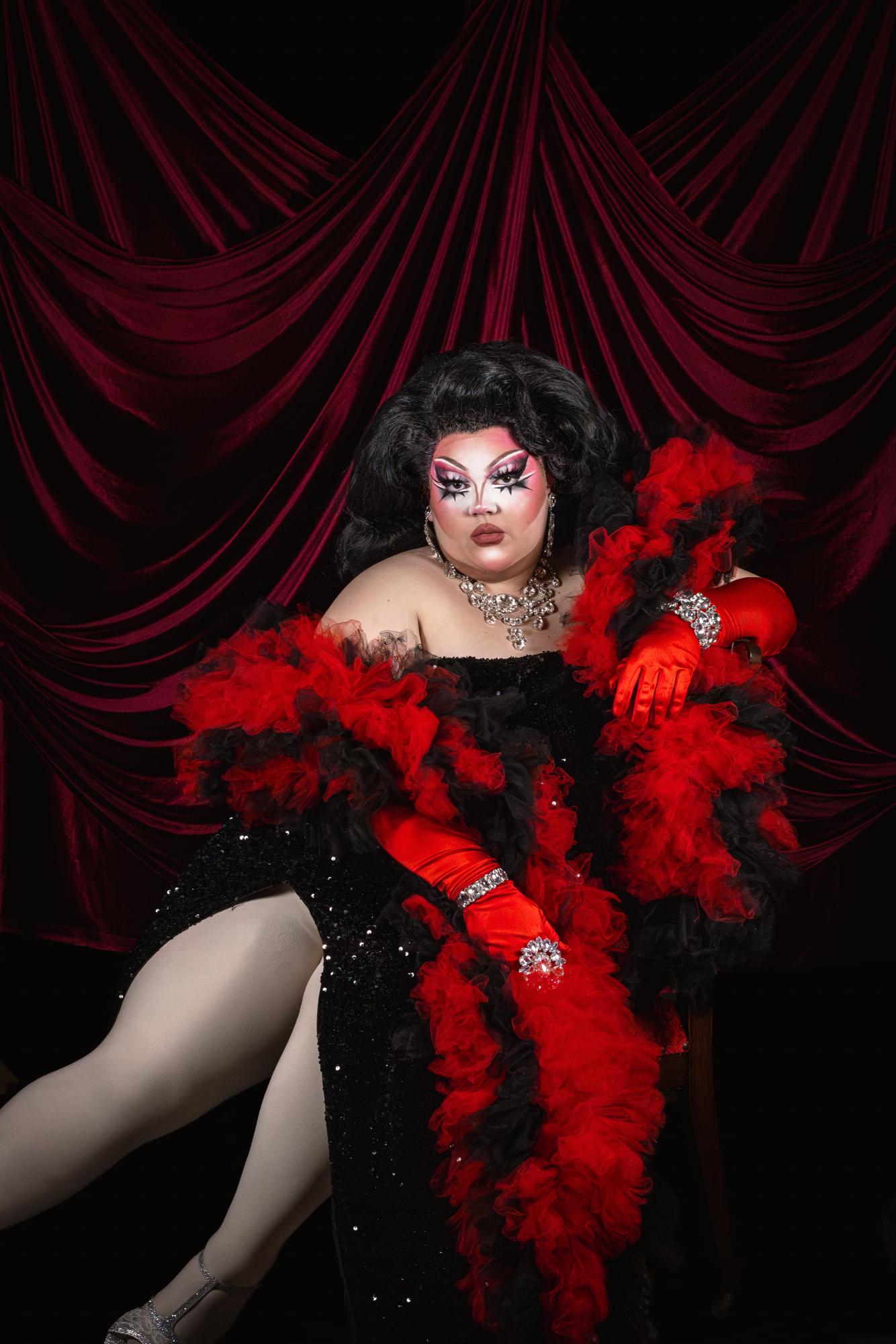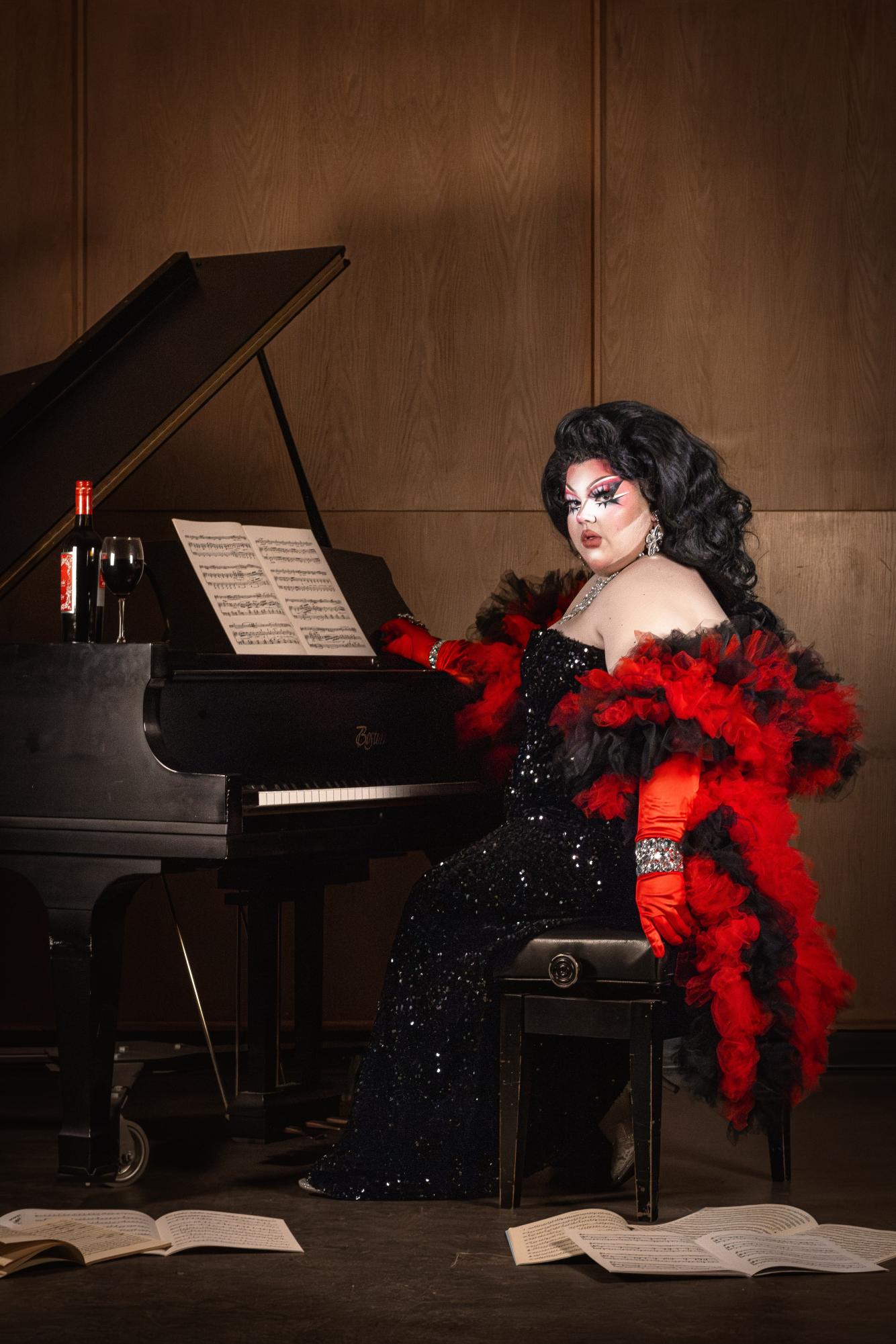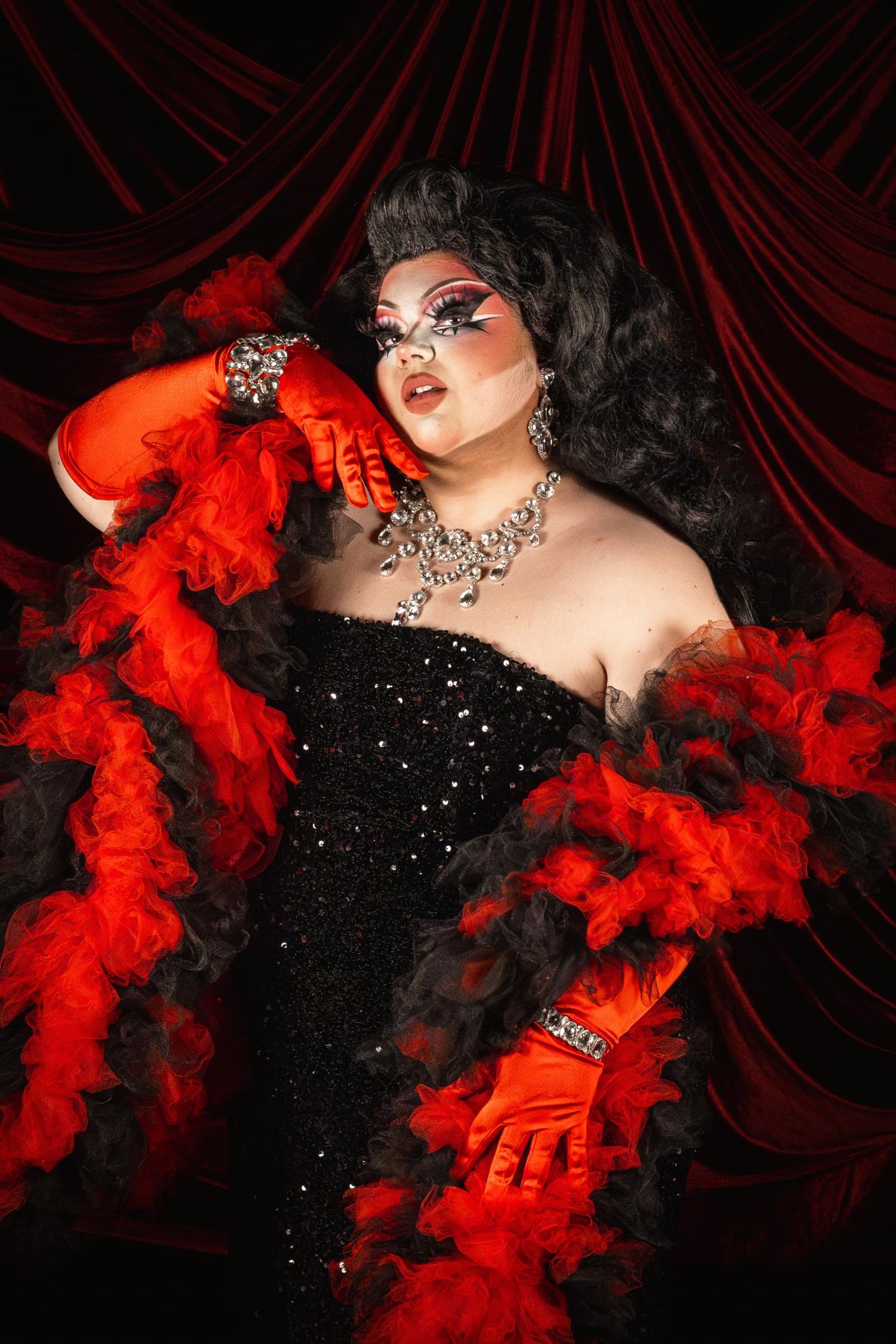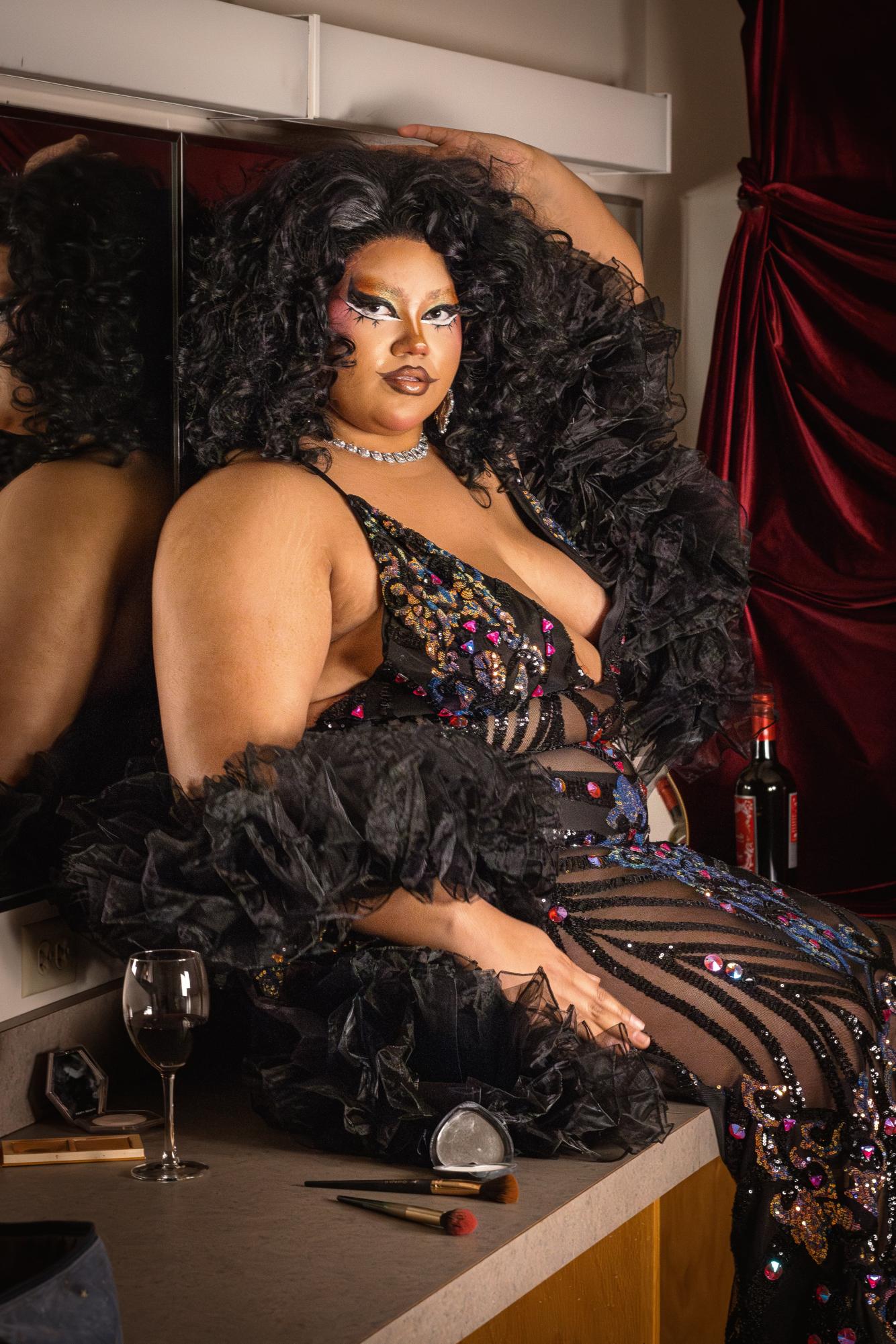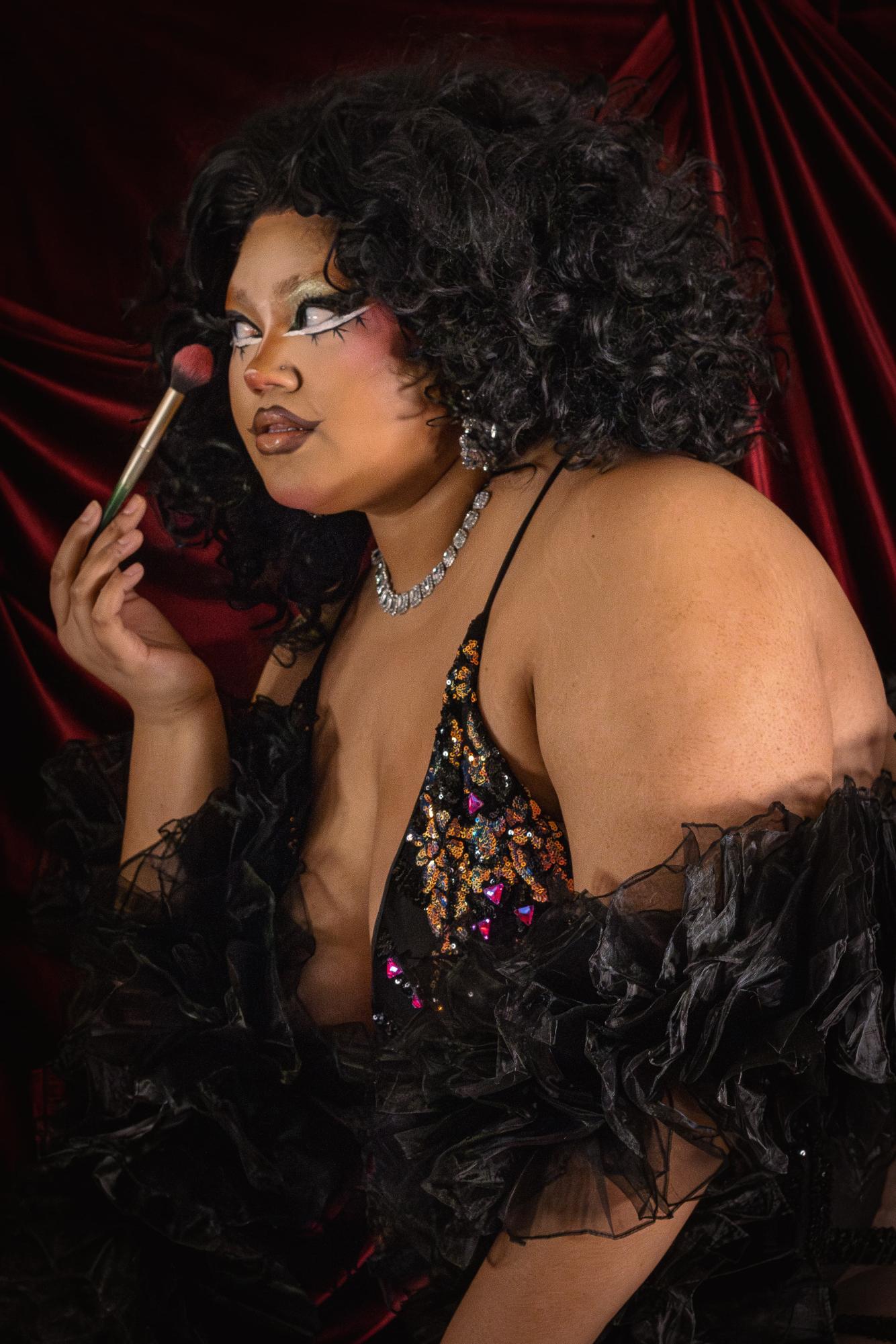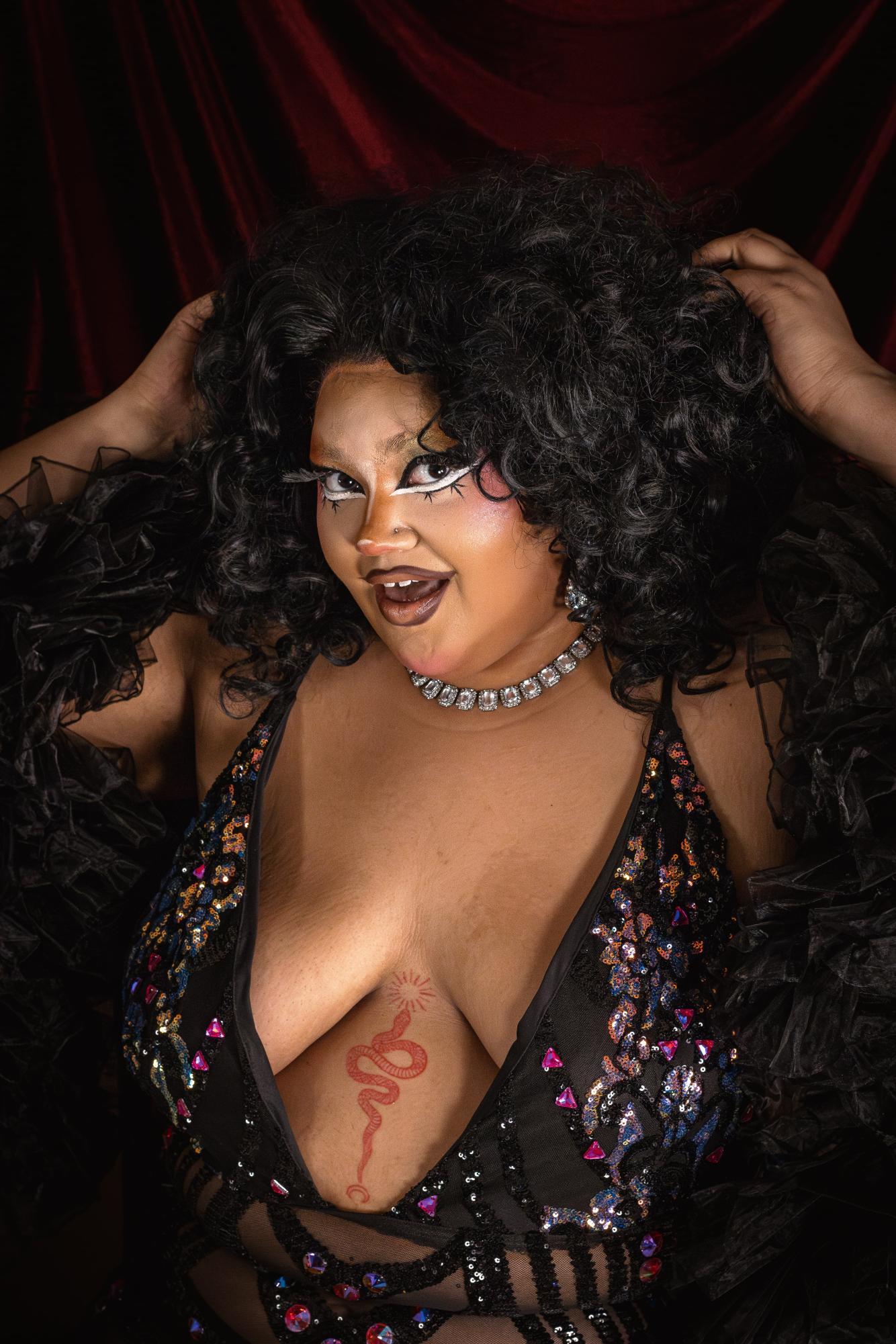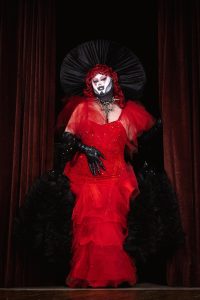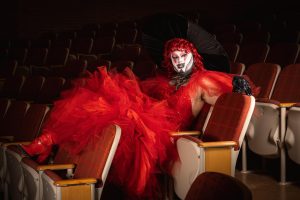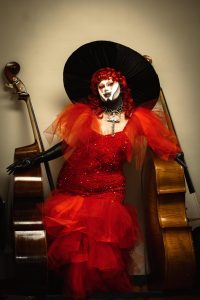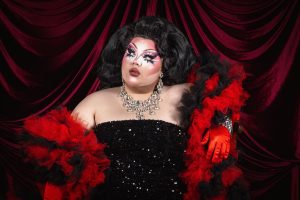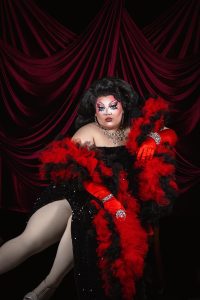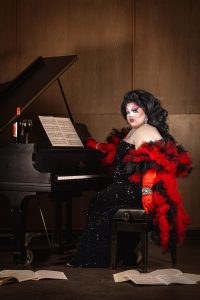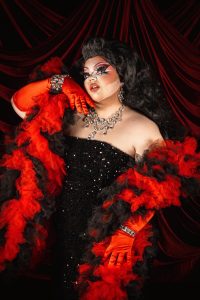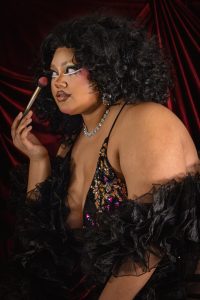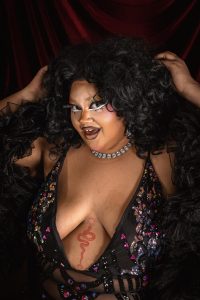PHOTOS: Emma Thompson
MODELS: Comatose, Monica Mod & Deja Snow
According to Kent-based drag queen Comatose, the two most important days in your life are the day that you were born and the day that you realize what you were put on this Earth to do. For many drag performers, the latter was the day they chose to do drag. For drag performers Comatose, Monica Mod and Deja Snow, drag is their protest against gender and societal norms, and most importantly, their main form of self expression. Due to recent legislation, the act of existing as a drag performer has become one of defiance. To put it simply, the fight against drag is a fight against artistry. This is what, and who, they voted against. Drag is an artform that dates back centuries. From 16th century Japanese Kabuki performers to Vaudeville acts of the 1920s to “RuPaul’s Drag Race,” drag has always been a source of entertainment and spectacle. Beyond this, drag also represents something much deeper. Drag represents identity and purpose for both its performers and their audiences. For many performers, drag feels like destiny, like a gift bestowed from birth. For Monica Mod, the self-described ‘60s Songstress of Northeast Ohio, drag is a blend of everything she loved growing up including makeup, fashion and theatre.
“It feels like all of those things that were in my life prepared me to do this and to do it for as long as I can,” Mod described. Despite the undeniable positive impact of drag across the world, lawmakers in recent years have made it their goal to criminalize the art of drag and its performers. In 2023, Tennessee became the first U.S. state to ban drag performers from performing in public with other states such as Texas and Arizona attempting to follow suit. The rhetoric surrounding this legislation primarily revolves around the supposed “indoctrination” and “endangerment” that drag poses against our youth. However, the alleged fear for the future of our youth feels empty when the same party claiming to want what is best for children refuses to regulate firearms — which are the leading cause of death among children in the United States — amid a slew of other shortcomings regarding the safety of American children.
So, if anti-drag laws aren’t really about kids, what are they about? The answer is simple: fear of the unknown. Many fear that which they do not understand. If any of these legislators were to sit down with drag performers — as I did — they would realize that drag was never about indoctrinating our children. Drag is, at its core, self expression, just like any other artform. The sooner we as a society realize this, the closer we will be to collective liberation.
In short, yes, drag is an act of defiance, but it is also an act of love and community. Drag teaches us that we can carve our own paths and write our own stories. Drag represents all of us. No amount of bills or bans will take that away. In the words of RuPaul, “You are born naked, and the rest is drag.”

